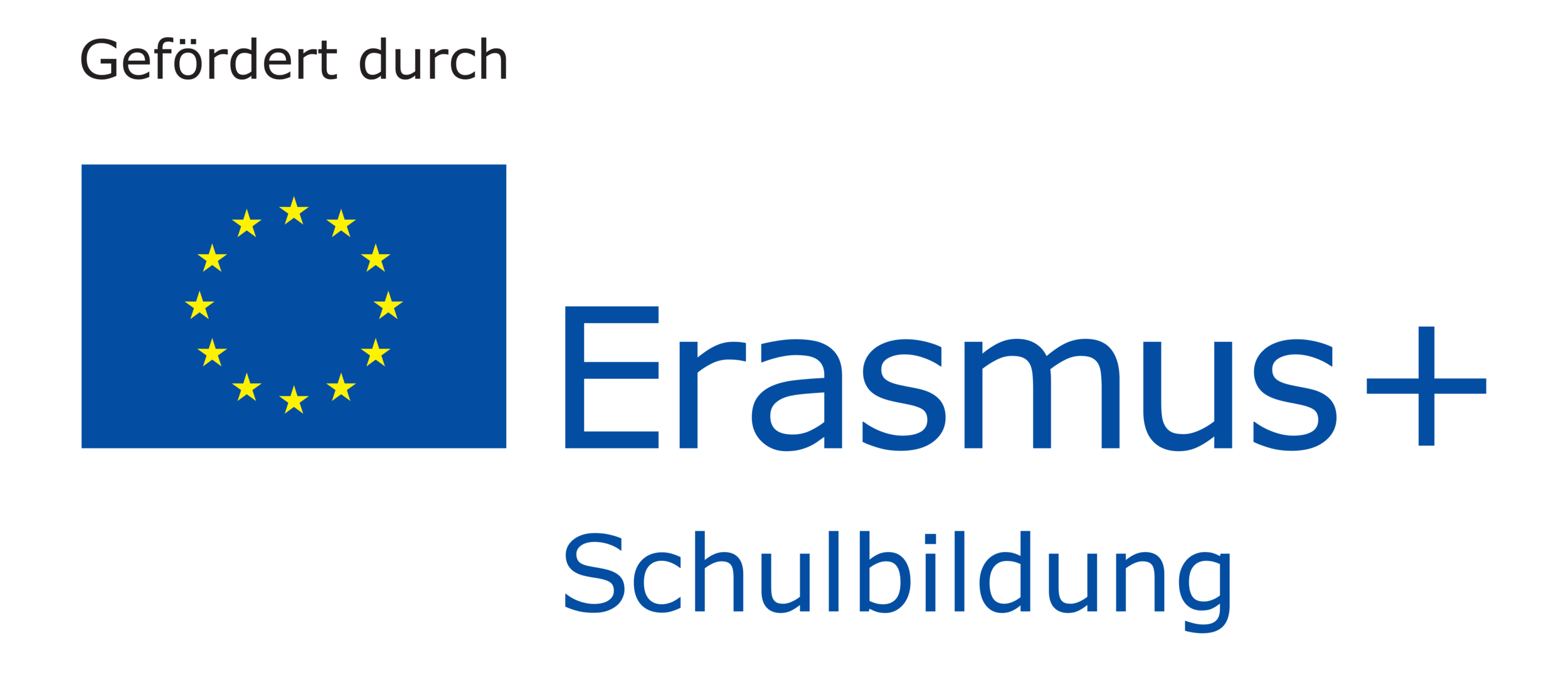Glossary- Language Awareness and Cultural Identity
first language
The acquisition of one’s native language or "mother tongue". Usually learned in the family setting and with a primary bonding person.
second language
The acquisition of another language “in a setting in which the language to be learned is the language spoken in the local community” in an instructed or non-instructed way (De Bot, Lowie, & Verspoor, 2007).
foreign language
The acquisition of another language “in a setting in which the language to be learned is not the language to be spoken in the local community”, usually in a formally instructed way in a classroom or school context (De Bot, Lowie, & Verspoor, 2007) .
monolingualism
Monolingualism considers people who speak one language. However, monolinguals usually use different varieties, styles and registers of their language. Most commonly these are different dialects, creoles or slangs within a language (De Bot, Lowie, & Verspoor, 2007).
bilingualism
A bilingual person speaks or knows two languages (to various extents) and is able to switch between the languages. Some people consider a basic level of two languages bilingual, others consider only fluency in two languages bilingual. This definition is rather subjective.
multilingualism
A multilingual person speaks or knows more than two languages and is able to switch between the languages. The hierarchy or preferences within the languages can vary depending on external and internal aspects.
